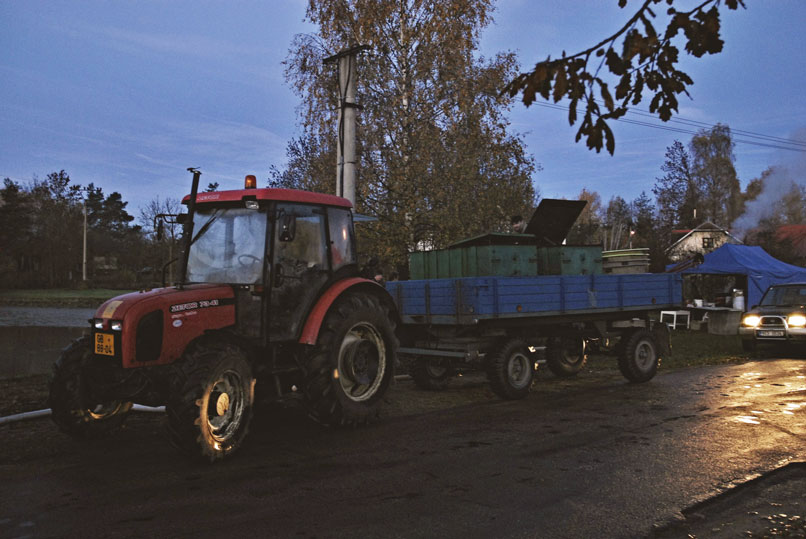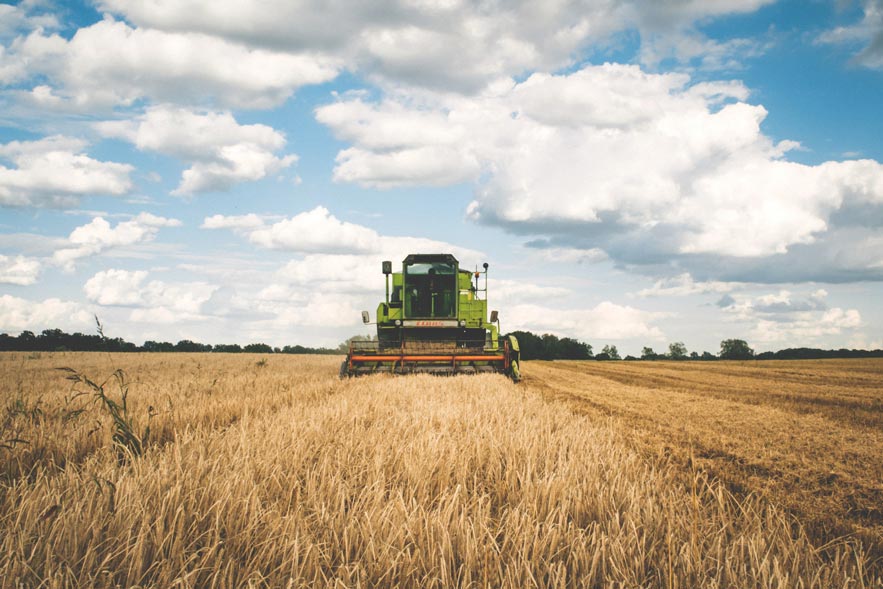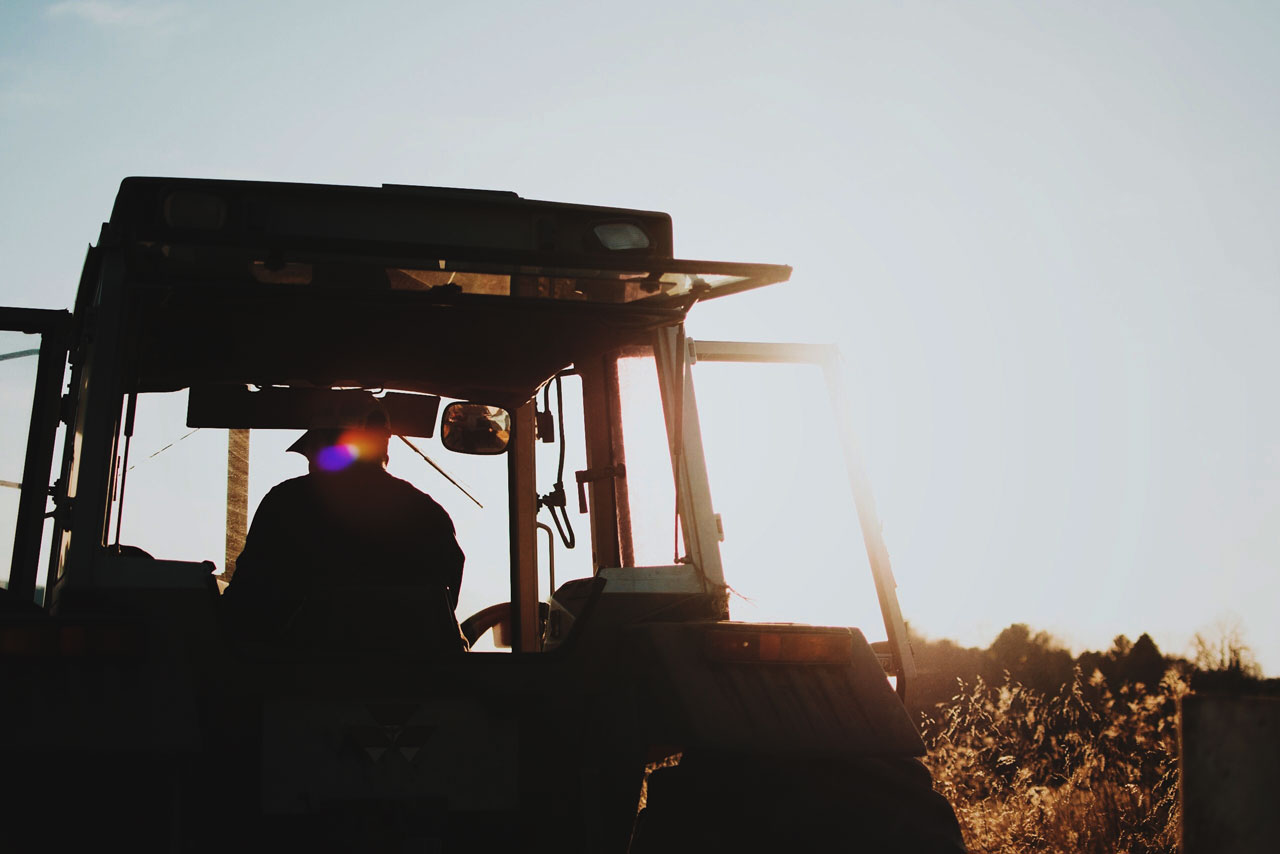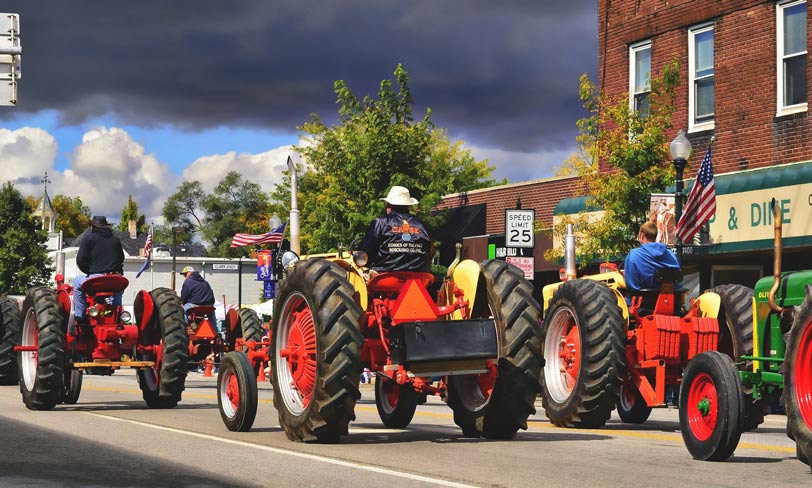How to Share the Road with Farm Machinery in Indiana
Harvest season is nearly upon us. It’s not uncommon this time of year to find yourself sharing the road with farm machinery, even in a city like Indianapolis. Although you probably won’t get stuck behind a tractor downtown in Monument Circle, you might elsewhere in Marion County, where Indianapolis begins to look like the rest […]
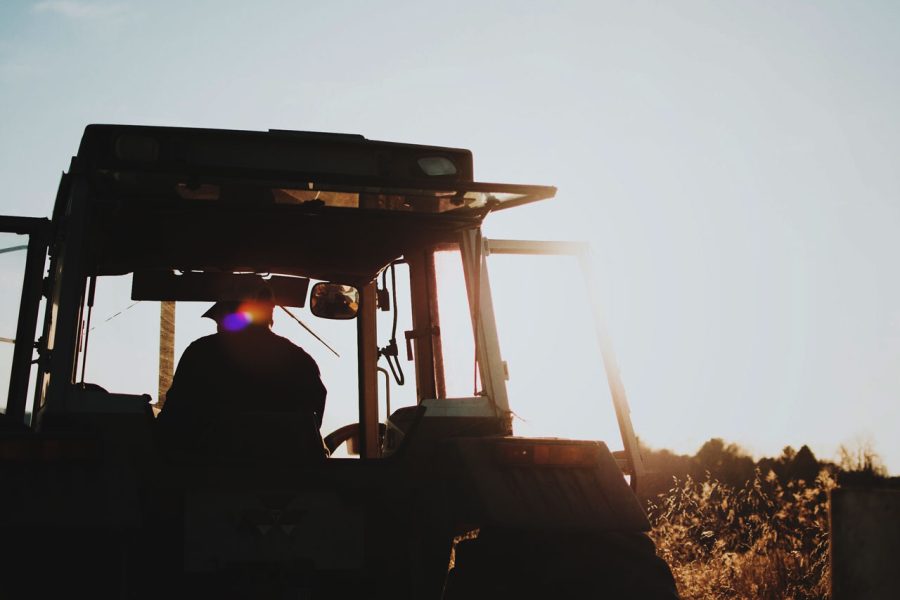
Available 24/7
Free Case Review
You won’t pay any fees until we win your case.
It’s easy - you can:
